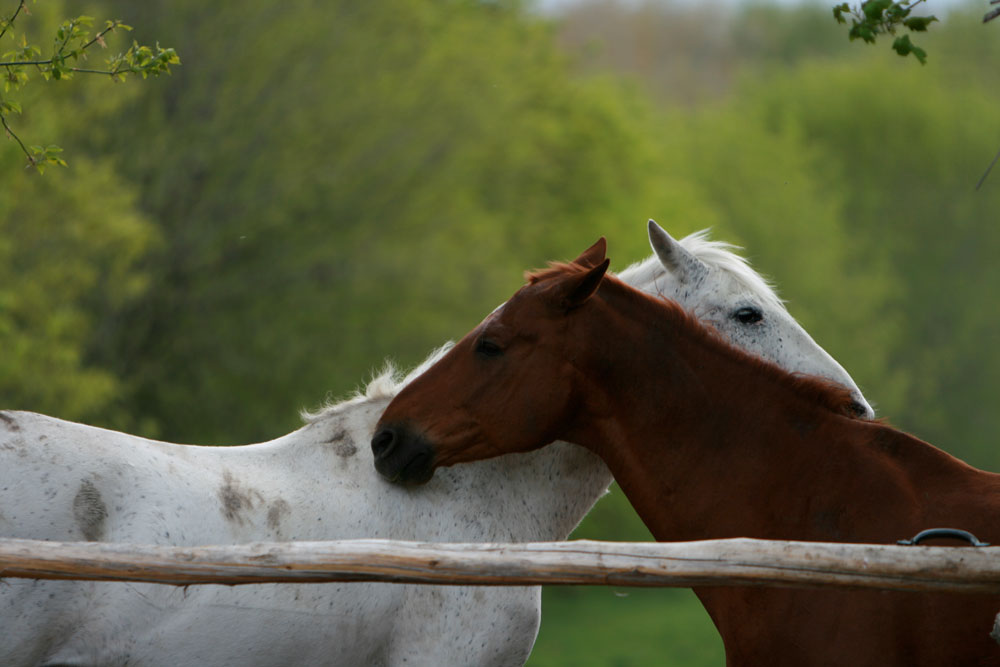
“There is no difference in the treatment or in how difficult these ringworm infections may be to treat; they are all about the same, but some species are more difficult to culture when trying to determine a diagnosis,” he added. “Now, however, a number of laboratories offer both culture and PCR testing for fungal infections, and the PCR test results come back quicker than a culture.”
Your veterinarian can take a small sample from one of the lesions and send it to the lab for culture and testing. If it is a fungal infection, almost all cases of ringworm in horses can be treated with a topical medication such as shampoos or some other topical product for ringworm.
“The products containing 2% chlorhexidine combined with 2% miconazole, used 3 or 4 times a week (such as every other day) should resolve the ringworm,” he said.
Ringworm is mainly a cosmetic problem; it is not going to harm or kill the horse. Often these infections run their course and resolve without treatment in a healthy horse after the horse builds immunity to the fungal organism.
“However, you should try to limit potential transfer of this infection to other horses, if you have multiple horses,” noted White. “A horse that gets ringworm should have its own tack, grooming equipment, etc. that won’t be used on any other horse.”
Horse owners don’t want to inadvertently spread ringworm to other horses on the farm, or to the people who are in contact with the horses.
“Usually you can get on top of these infections within a month if you are diligent about isolation of that horse and use of shampoo or anti-fungal topical medications,” said White.


